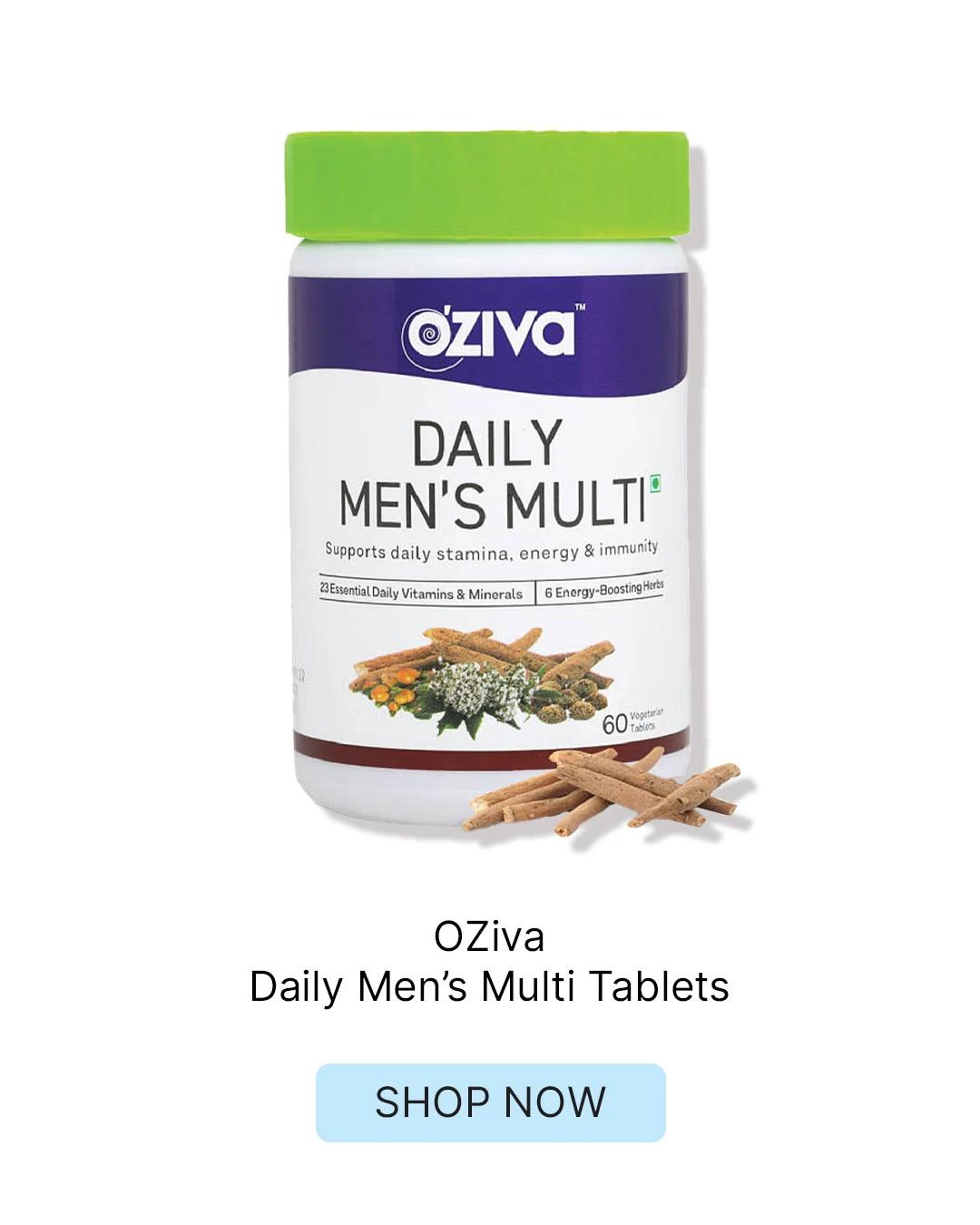Holistic Approach to Hair Health
Real talk—supplements are just one piece of the holistic hair care puzzle. Your hair health is influenced by everything from your sleep quality to how stressed you are. The most effective approach combines good nutrition (including supplements when needed) with healthy lifestyle habits.
Think of your hair as a reflection of your overall wellness. When you're taking care of yourself holistically, your hair usually follows suit. It's all connected, and the best results come from addressing multiple factors rather than just relying on one magic solution.
Balanced Diet for Healthy Hair
Even the best supplements can't make up for a consistently poor diet. Focus on getting plenty of protein, healthy fats, and a rainbow of fruits and vegetables. Foods like salmon, eggs, spinach, and berries are particularly hair-friendly and provide nutrients in forms your body easily recognises.
Lifestyle Factors Affecting Hair Growth
Stress management, adequate sleep, and regular exercise all play huge roles in hair health. Chronic stress can literally shut down hair growth, whilst good sleep gives your body time to repair and regenerate. Even moderate exercise improves circulation to your scalp, which helps deliver those nutrients where they need to go.
Frequently Asked Questions
How long does it take to see results from hair multivitamins?
Most people start noticing changes around the 3-4 month mark, though some see improvements sooner. Hair grows slowly, so patience is key. You might notice less shedding or improved texture before you see actual length changes.
Can I take multiple hair supplements together?
It's generally safe, but check the total amounts of each nutrient to avoid overdoing it. Some vitamins can build up in your system, so more isn't always better. When in doubt, consult with a healthcare provider.
Are there any age restrictions for taking hair multivitamins?
Most hair multivitamins are designed for adults. If you're under 18, pregnant, or breastfeeding, it's worth checking with a healthcare provider to make sure the dosages are appropriate for your situation.
Do I need to take hair vitamins indefinitely?
Not necessarily. Some people take them for a few months to address specific deficiencies, whilst others make them part of their long-term routine. It depends on your diet, health status, and hair goals.
Can hair vitamins help with hair loss?
They can help if your hair loss is related to nutritional deficiencies, but they won't solve genetic hair loss or other medical conditions. If you're experiencing significant hair loss, it's worth seeing a healthcare provider to identify the underlying cause.
Final Thoughts
Finding the right multivitamin for your hair journey is a bit like dating—it might take a few tries to find your perfect match, but when you do, the results speak for themselves. Remember that healthy hair is a marathon, not a sprint, and the best approach combines good nutrition, appropriate supplementation, and overall wellness practices. Your hair is worth investing in, and with the right support, you might just discover your strongest, most beautiful strands yet.

 210 gm
210 gm 60 Tablet
60 Tablet 30 Tablets
30 Tablets